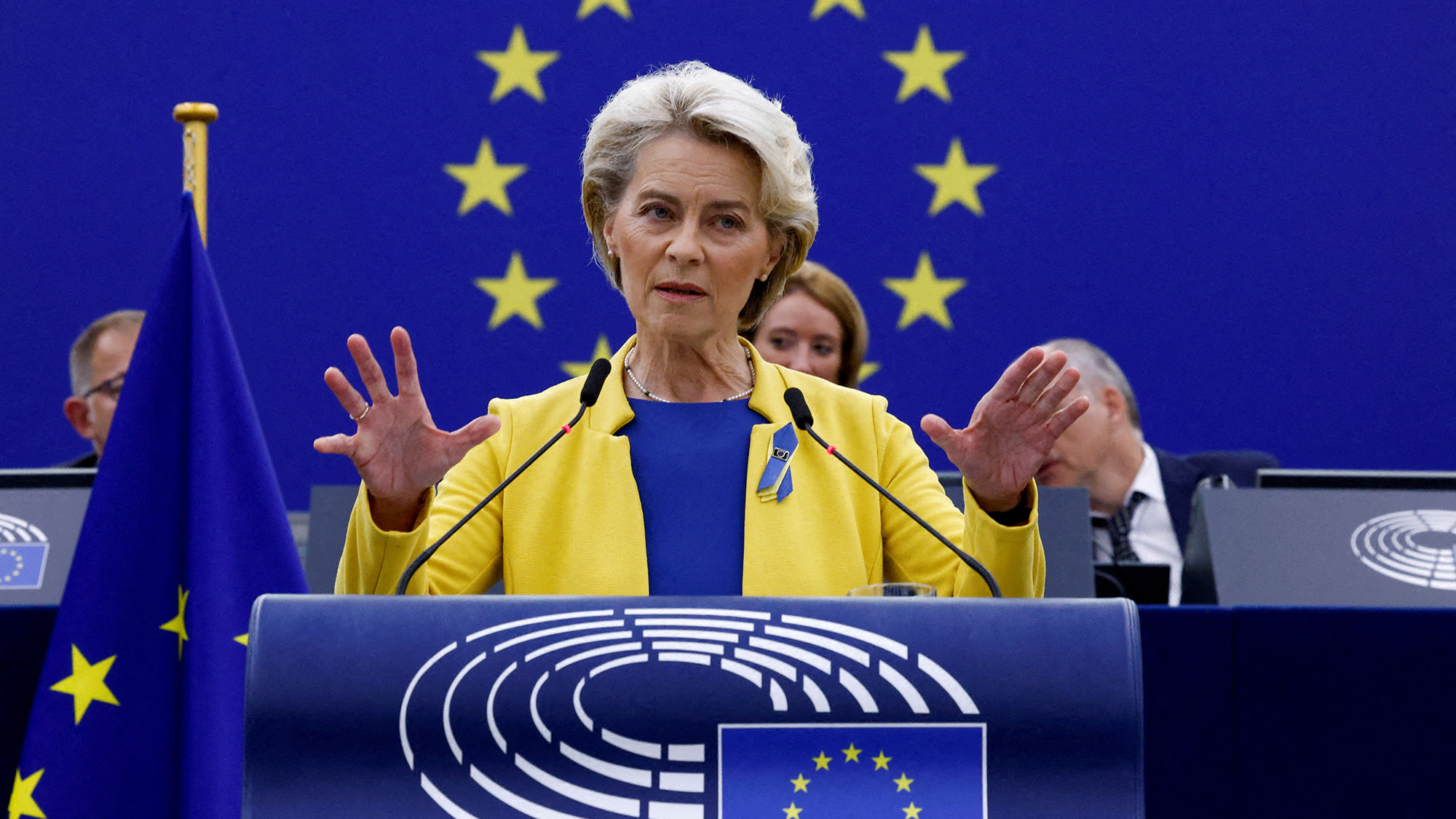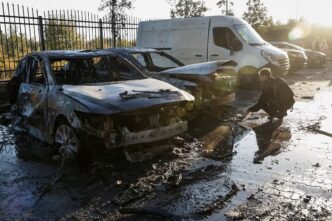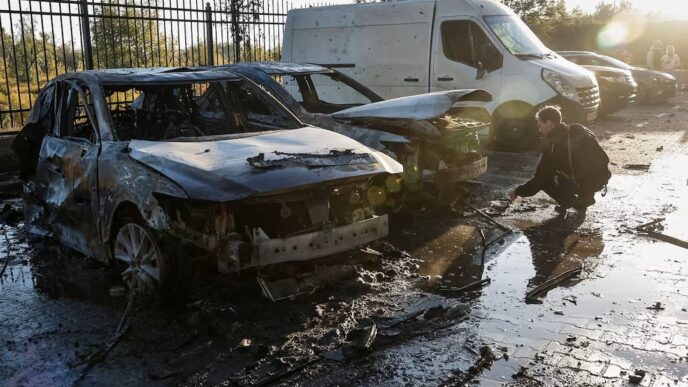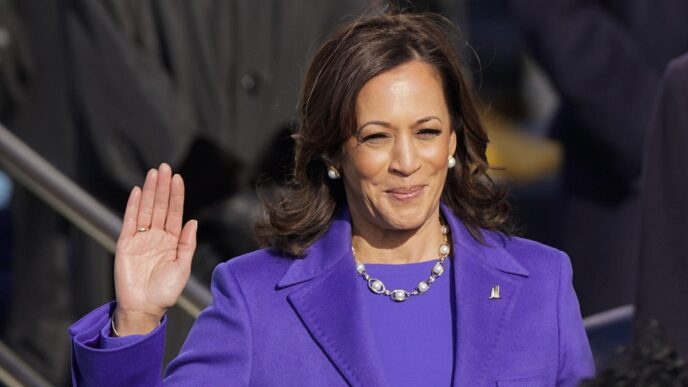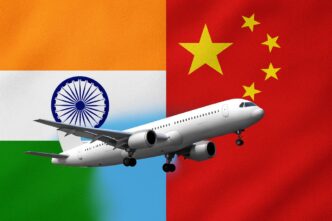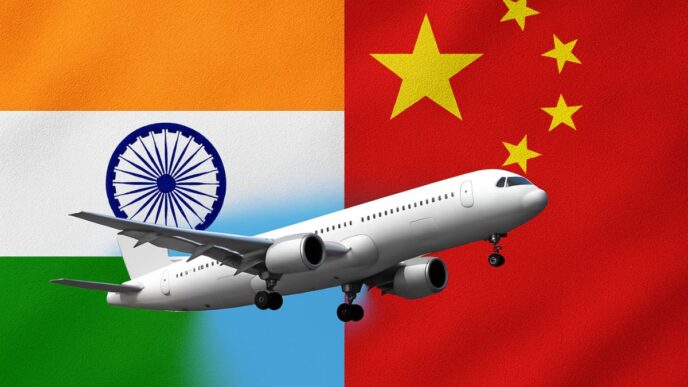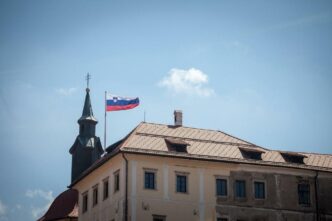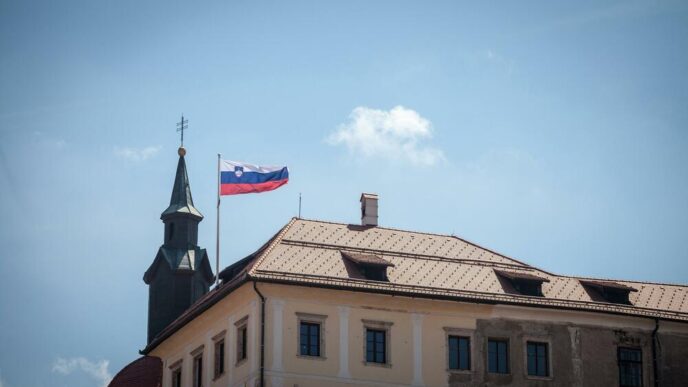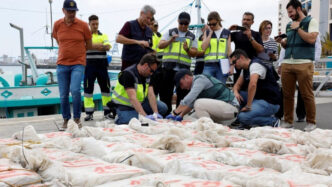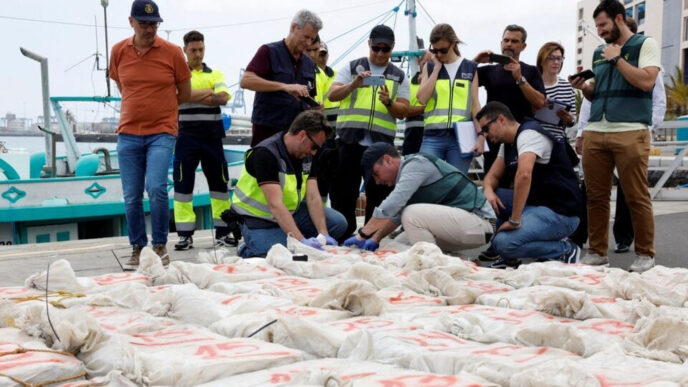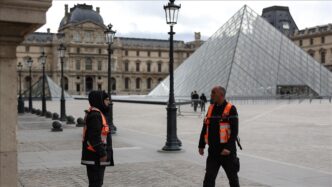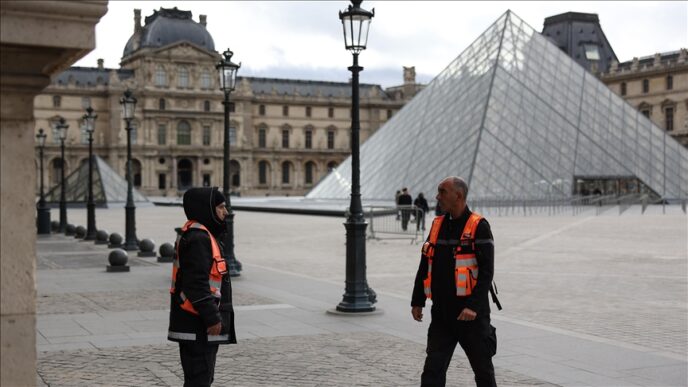European Commission President Ursula von der Leyen announced on Saturday that the European Union (EU) is developing a strategy to reduce its reliance on Chinese rare earths, following Beijing’s latest restrictions on the export of key minerals.
China, the world’s dominant producer of rare earth elements, recently expanded its export controls to include technologies used in producing high-performance magnets — essential components in electric vehicles, electronics, and defence systems.
The move has disrupted global supply chains and forced several European manufacturers to scale back production.
“The aim is to secure access to alternative sources of critical raw materials in the short, medium, and long term for our European industries,” von der Leyen said, emphasising the urgency of diversifying supply lines.
Since April, China has required export licences for certain materials, creating uncertainty in global markets and raising concerns about Europe’s economic vulnerability.
Von der Leyen outlined a three-pronged EU response that includes expanding recycling capacity, boosting domestic production, and forming new international partnerships.

She highlighted that “some companies can recycle up to 95 per cent of critical raw materials and batteries,” underscoring the potential of circular economy initiatives to strengthen Europe’s resilience.
The EU also plans to enhance mining and processing capabilities within its borders and pursue “critical raw materials partnerships” with nations such as Ukraine, Australia, Canada, Kazakhstan, Uzbekistan, Chile, and Greenland.
These partnerships are expected to secure long-term access to vital resources while supporting sustainable extraction and trade practices.
The announcement comes amid escalating geopolitical and economic tensions over the global supply of rare earths — materials vital to the green and digital transitions Europe hopes to lead.


 Trending
Trending 
